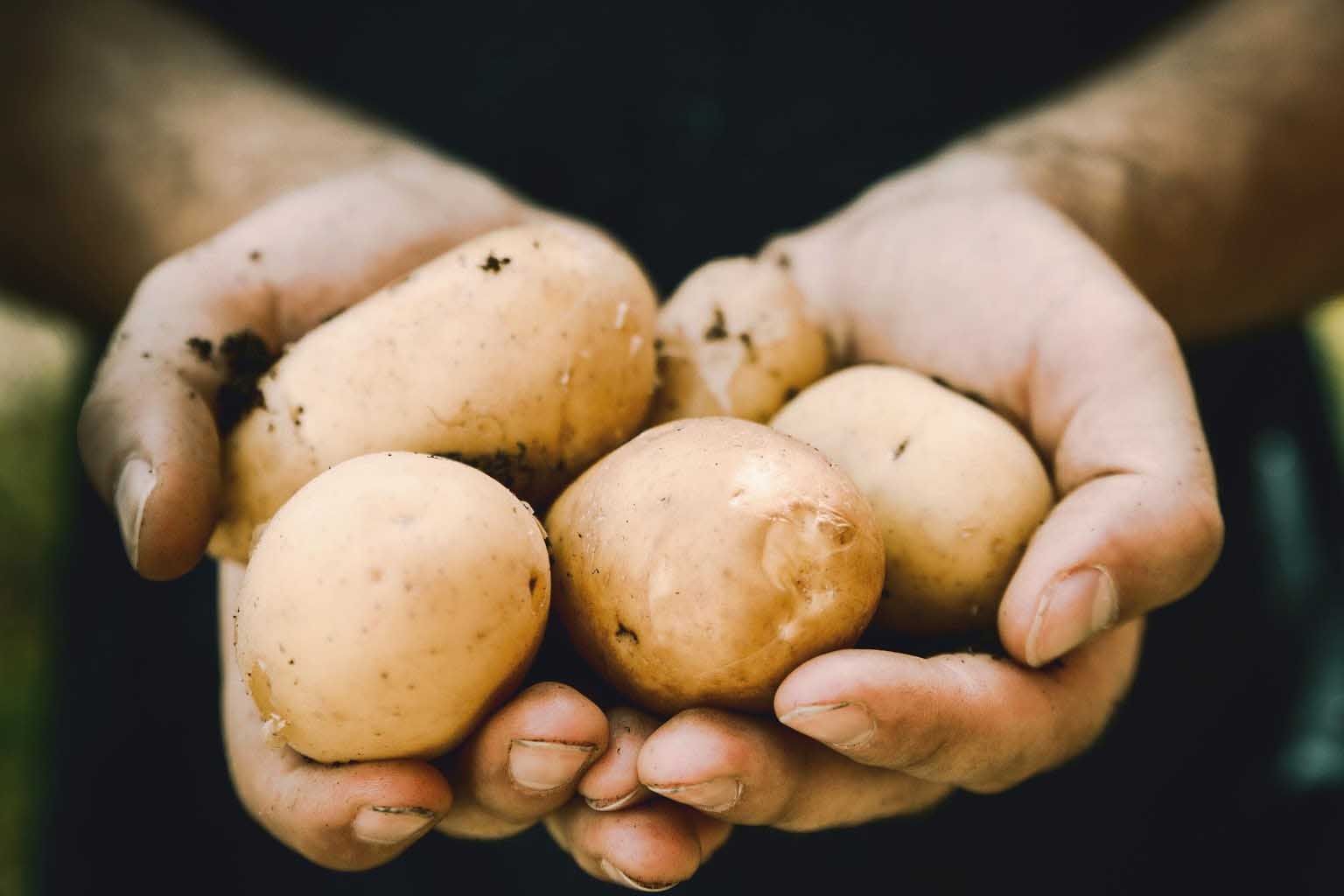Baked, fried, boiled…who doesn’t love a potato? Unfortunately, it’s not as evergreen a food as it seemed, with the rising interest in low-carb diets. As women, we always have to handle societal expectations projected onto our bodies, which is why we are always cautious about what we eat. But potatoes are actually much more nutrient-friendly than their much maligned reputations would lead us to believe.
10 Delicious Facts About Potato
Here are some facts about the delicious potato:
1. They contain vitamins, minerals, starch, and fiber
Fiber is vital for smooth digestion (and it can also help us feel full, which aids in weight management), and it contain vitamins (specifically B6). Potatoes with skin also contain Vitamin C, which helps the body fight infection. It also contain minerals like iron, manganese, magnesium, and calcium.
2. They’re not that high-carb
100 grams of potato contains roughly 77 calories. They have next to no fat and no cholesterol. These are really not very fattening. If you don’t always eat your potatoes fried and dripping with oil, you’ve not got much to worry about. Cut down on the fried stuff, and you’ll worry a lot less about carbs. You should also keep the skin on, because that’s where all the good stuff is (however, there are also a ton of nutrients in it).
3. They contain choline
One large potato has about 57 mg of choline, and it’s very good for muscle movement, learning, and memory.
4. Research has shown they fight cancer
The folate in it stops cancer cells from forming. Fibre lowers the risk of colorectal cancer. Vitamin C is also an antioxidant, and scientists have found that having 50 mg of it brings down the risk of stomach cancer by 8%. It also helps prevent cellular damage and helps with iron absorption as well as collagen production.
5. All varieties of potato are good for you
While there has been a sweet potato craze of late, the truth is that all varieties are just as good for you, with very minimal differences. Dehydrated and frozen potatoes offer more or less the same nutrients as fresh ones.
6. You don’t have to avoid potatoes if you’ve got diabetes
Research in the US has proven that it’s the total amount of carbohydrate you consume that makes a difference if you have diabetes. According to the American Diabetes Association, you must consider the calories you consume, rather than the type and proportion of carbs, proteins, and fats, if you’re watching your weight.
7. They’re naturally gluten-free
Those who are allergic to gluten would consider this very good news indeed. It’s hard to substitute gluten dishes if you’ve been raised on a diet of bread and pasta. Theses are a perfect addition to your diet, because they go well with so many things and can be cooked in so many different ways. You can use them as a pizza base, for nachos, make potato noodles – the possibilities are endless.
8. They’re a great source of potassium
Potatoes have more potassium than bananas, oranges, and mushrooms. They give you 620 mg of potassium, which helps to regulate blood pressure, and lowers the risk of hypertension and stroke.
 Facts About Potato
Facts About Potato9. They’re a source of thiamin
Thiamin or Vitamin B1 is very good for us because it helps regulate nerve and psychological functions, and also contributes to stabilising heart functions. It also helps in the release of energy from the foods we eat. Potatoes can therefore be quite a healthy option sometimes!
10. They’re rich in resistance starch
Also present in bananas and grains, resistance starch can help control blood glucose levels, and scientists have surmised that it might also help to improve our gut health.
Everything in moderation is a good rule of thumb, and that goes for the potato as well. Just as you shouldn’t overindulge with any food, don’t eat too many french fries a day. The potato has many health benefits to its credit, however, and should hardly be dismissed for being an unhealthy food, quite the opposite in fact. You can boil, bake, mash, or roast them to capitalise on their nutrient value, and use a little unsaturated oil when you cook them. Potatoes should very much be a part of your balanced diet, as long as you cook them right!
Also Read: 10 Reasons To Start Eating Sweet Potatoes

